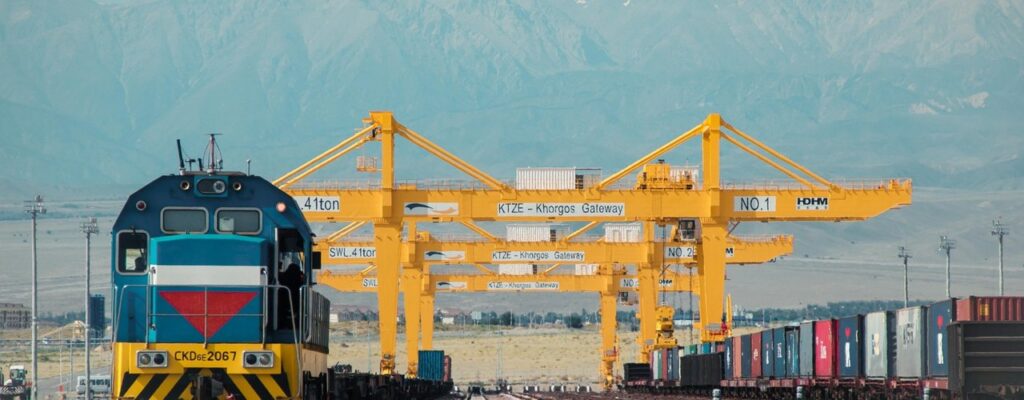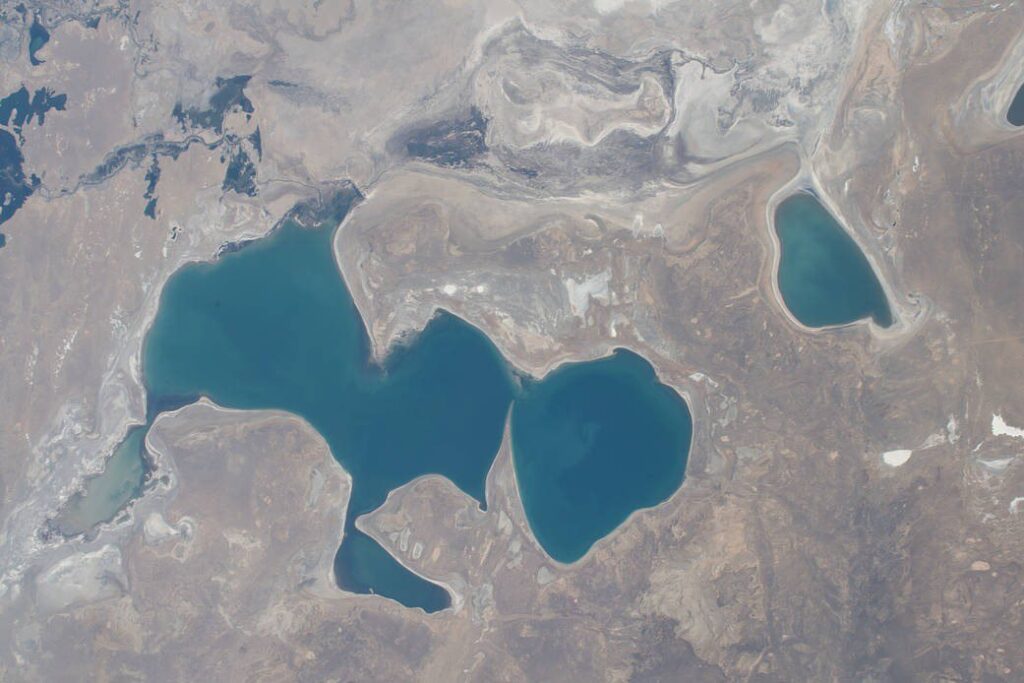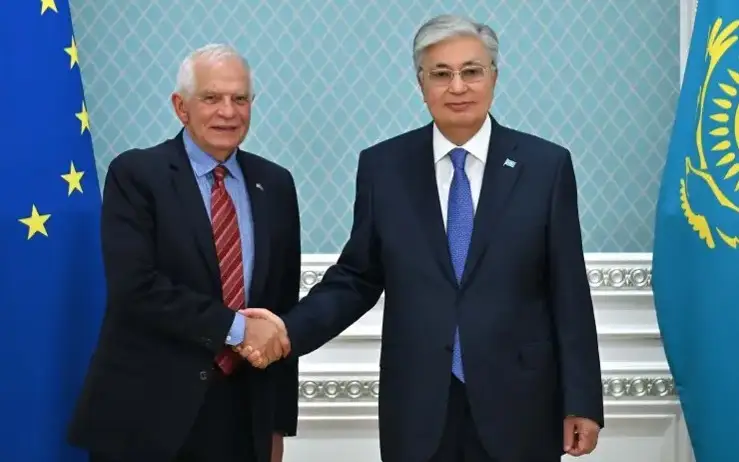On August 1, the high representative of the European Union for foreign affairs and security policy, Josep Borrell, visited Astana and met with Kazakhstan's President Kassym-Jomart Tokayev, and Foreign Minister Murat Nurtleu. Explaining the purpose of the visit, Borell said “as my mandate as a representative of the European Union ends in three months, it was very important for me to come here to Astana to reaffirm the strong interest and commitment of the European Union to strengthen cooperation with Central Asia in general and with Kazakhstan in particular as the strongest country in the region.” “I used to say that four years ago, when I came to Brussels, Central Asia was a little bit in the middle of nowhere – and now, you are in the middle of everything…Everything that matters between Europe and Asia goes through you”, he added. The EU High Representative also said, “Under the leadership of President Tokayev, Kazakhstan has embarked on the path of the wide range of political and economic reforms that we support”. Stressing Kazakhstan's strategic geographical position as a bridge between Europe and Asia, Borrell noted that the EU is Kazakhstan’s number one trade partner, representing more than one-third of all Kazakh exports, and the biggest investor in the country. Borrell’s meeting with President Tokayev covered progress of the Enhanced Partnership and Cooperation Agreement between Kazakhstan and the EU, a comprehensive accord aimed at enhancing political, economic, and social collaboration between the EU and Kazakhstan. Tokayev commended the high-level dialogue between Kazakhstan and the EU, notably the productive visit of European Council President, Charles Michel, and talks with the President of the European Commission, Ursula von der Leyen. “I think we reached many common views as far as our cooperation is concerned,” Tokayev said. He also lauded a memorandum signed by the Government of Kazakhstan and Ursula von der Leyen on the development of green hydrogen on November 7, 2022, during the COP27 climate conference in Sharm El-Sheikh, calling it “a very concrete step forward in terms of mutual cooperation”. Borrell commented that they had "discussed key political and economic reforms in Kazakhstan and topics of mutual interest in the challenging geopolitical context. We appreciate Kazakhstan’s principled support to the UN Charter and commitment to international law." Borrell also met with the Minister of Foreign Affairs of Kazakhstan Murat Nurtleu. Speaking about the Ukraine war, Borrel stated: "We encourage you to take further steps in order to make this war reach an end, and to use your influence for that." Also on the agenda were cooperation in transport and logistics, digitalization, civil aviation, agriculture, use of critical raw materials, and energy. According to Kazakhstan’s Foreign Ministry, the European Union is Kazakhstan’s leading trading and investment partner, accounting for more than 30% of Kazakhstan’s foreign trade and investments. In 2023, trade between Kazakhstan and the EU amounted to $41.4 billion. In January-May 2024, bilateral trade reached $20.2 billion, showing a 14.1% increase compared to the same period last year ($17.7 billion). The...






